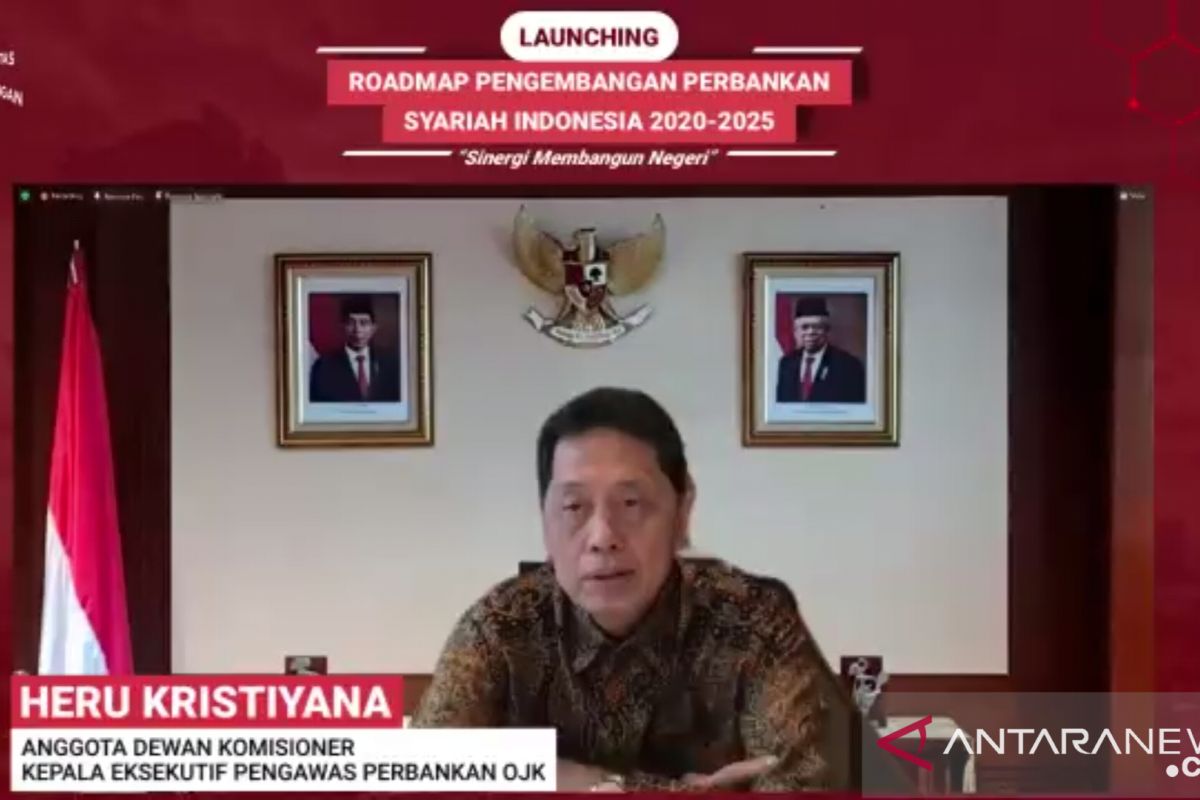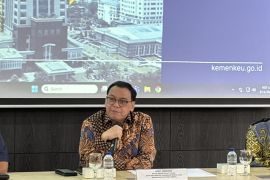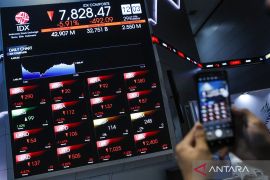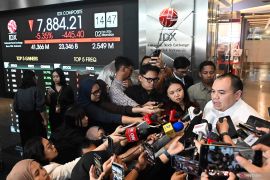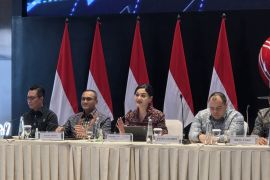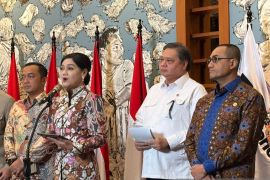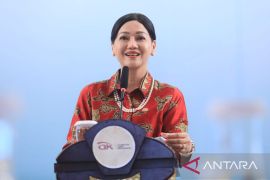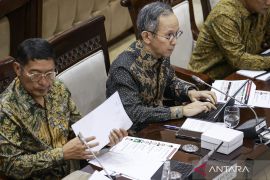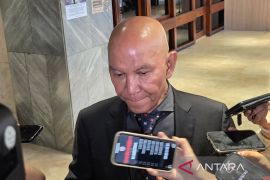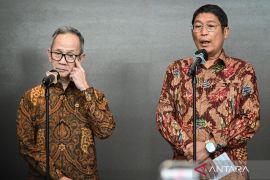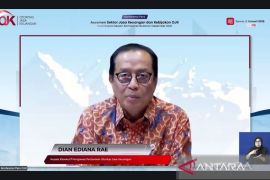"So that later every customer who is banking on sharia can choose products with better quality," chief executive of OJK banking supervision, Heru Kristiyana, explained at the virtual launch of the Islamic Banking Development Roadmap 2020-2025 in Jakarta on Thursday.
He urged Islamic banks to launch a variety of products without abandoning sharia principles.
Kristiyana, who is also a member of the OJK board of commissioners, admitted to HR challenges every time there is a change of leadership in sharia banking.
"It is difficult for OJK to find the top leadership when it carries out a fit and proper test,” he remarked.
"We, in the supervisory and licensing system, have a very hard time to find human resources who can assume the leadership of sharia banking," he said, adding that OJK needs the support of the Islamic banking association to resolve the issue of human resources.
Related news: Islamic banking grew faster than conventional banking amid pandemic
According to OJK, low sharia literacy and inclusion index as well as inadequate digitalization are also posing a challenge to the sector.
For this reason, the OJK said, it is encouraging Islamic banks to launch unique products, optimize the Islamic economic and financial ecosystem, integrate commercial and social finance functions, and develop quality human resources and technology.
In 2020, Islamic banking showed a positive performance, including the distribution of financing, which reached Rp394.6 trillion as of December, 2020, a growth of 8.08 percent compared to the same period of 2019, the OJK noted.
In addition, third-party funds collected reached Rp475.5 trillion, up 11.8 percent, and the number of non-performing loans fell to 3.08 percent from 3.11 percent recorded in the previous year.
Meanwhile, total Islamic financial assets, excluding Islamic stocks, were valued at Rp1,802.86 trillion, registering a growth of 22.79 percent.
In addition, the Islamic banking capital ratio increased to 21.59 percent from 20.59 percent recorded in 2019, with the Islamic banking market share reaching 9.89 percent. The share of conventional banking was pegged at 90.11 percent.
Related news: Minister highlights positive growth in Sharia finance despite pandemic
Translator: Dewa Ketut, Azis Kurmala
Editor: Rahmad Nasution
Copyright © ANTARA 2021
